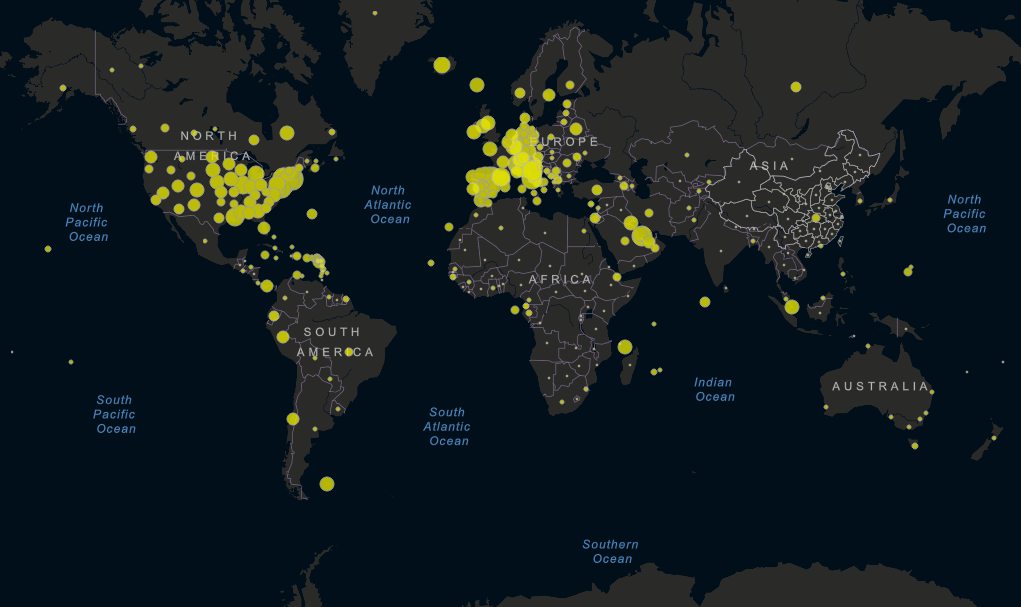A cross-disciplinary team of Berkeley Lab scientists with expertise in climate modeling, data analytics, machine learning, and geospatial analytics is launching a project to determine if the novel coronavirus might be seasonal. The team will apply machine-learning methods to a plethora of health and environmental datasets, combined with high-resolution climate models and seasonal forecasts.
The project lead is Eoin Brodie, a senior scientist in the Earth and Environmental Sciences Area (EESA) with a secondary affiliation in Biosciences’ Environmental Genomics and Systems Biology (EGSB) Division. Ben Brown, a computational biologist in EGSB, is leading the machine-learning analysis. The computing work will be conducted at the National Energy Research Scientific Computing Center (NERSC), a DOE Office of Science user facility located at Berkeley Lab.
The initial goal of the research is to predict—for each county in the United States—how environmental factors influence the transmission of the SARS-CoV-2 virus, which causes COVID-19. The team hopes to have the first phase of their analysis available by late summer or early fall. The next phase will be to make projections under different scenarios, which could aid in public health decisions.
Read more in the Berkeley Lab News Center.




